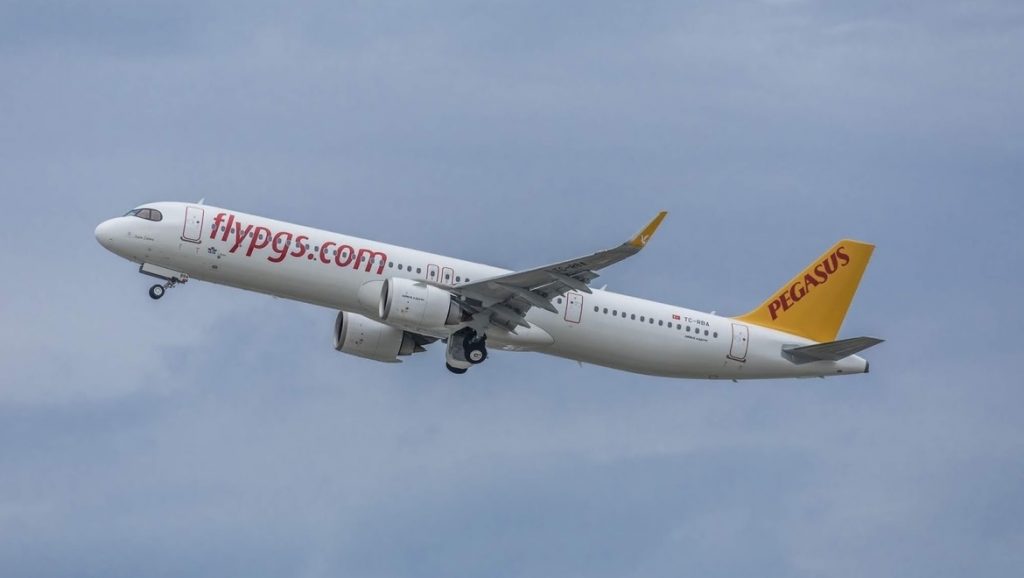
Airbus has launched a new virtual aircraft delivery process to secure the continuation of the manufacturer’s delivery stream during the ongoing COVID-19 pandemic.
The first customer to adopt the remote end-to-end process was Turkey’s second-largest operator, Pegasus Airlines.
The airline received three brand new ‘e-delivered’ A320neo family jets a few days ago. More airlines will follow likewise in the coming days and weeks. The new e-delivery approach of the European planemaker comprises three main stages:
1. Technical acceptance completion (TAC) tasks delegated to Airbus (or to a local third-party appointed by the airline);
2. Electronic transfer-of-title (electronic ToT); and
3. Ferry-flight and subsequent reception of the aircraft at the customer’s base.
For the TAC (which is a prerequisite for ToT) the airline can delegate Airbus to perform, on its behalf, all the necessary actions. These include the ‘ground-check’, the acceptance test flight, acceptance manuals, and procedures, as well as minor cosmetic rework if needed.
Then for the ToT completion, Airbus’ and customers’ teams take benefit from a new secure collaborative platform: “e-SalesContracts”.
This brings them all together – wherever they happen to be – into one real-time virtual environment where they can optimise and simplify all the contractual transactions, from paperless drafting and commercially negotiating the delivery documents up to the remote ToT digital signature.
This platform thus obviates the need for any of the customer’s own staff to be physically present at the Airbus Delivery Centre.
After the TAC and ToT formalities are complete, the subsequent ferry-flight is also performed in a health-wise safe manner whereby the customer’s own flight crew (or an appointed third party) can pick-up the sanitised aircraft and fly it straight back from the delivery centre to the airline’s home base.
As well as affording a means of safe business continuity during the current COVID-19 crisis, the e-delivery process, especially its new collaborative digital aspects – which confer enhanced work flow efficiencies, flexibility, transparency, plus a more environmentally-friendly and smoother overall customer experience – could become the blueprint for Airbus and its customers going forward.
Article courtesy of Airlinerwatch




